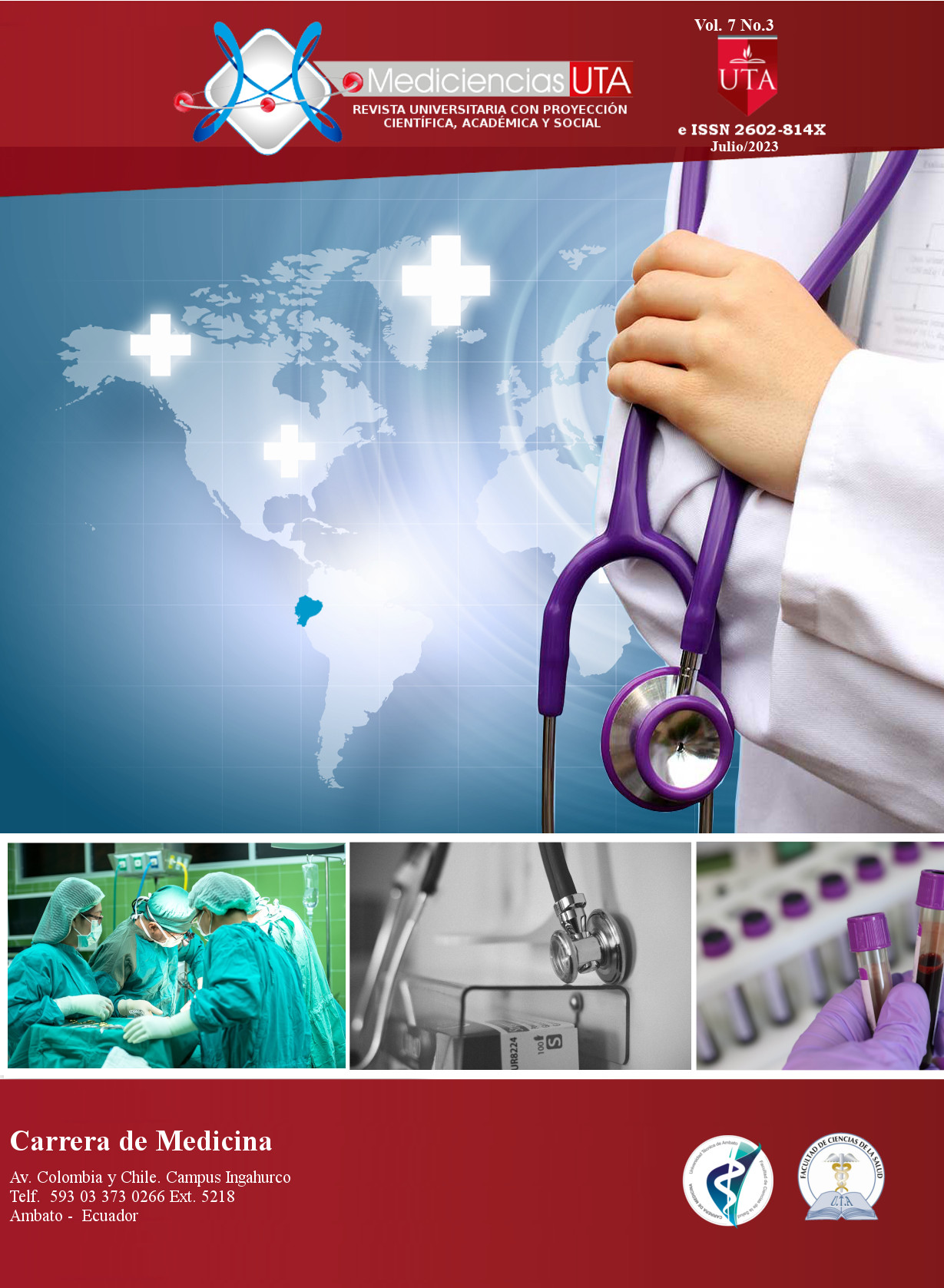Higher Education in Health and its feasibility with metacognition
Main Article Content
Abstract
Metacognition or knowledge control is maintained thanks to the relationship between critical thinking and innovation of a creative component, it has become an indispensable tool for the acquisition of knowledge and problem solving. By including critical thinking, self-regulated learning is encouraged, making it possible with this to exercise fostered learning in control, reasoning, understanding and problem solving, metacognition is a current tool that facilitates learning with new information, you see, concise and submitted by the student to verification and analysis, thus obtaining the correct answer to the problems raised. Objective: Explain the importance of metacognition oriented to higher education in health. Materials and Methods: Secondary documentary research of the narrative review type, the logical historical method was developed for the systematization process of theories related to metacognition. Results: Metacognition generates a critical thinking ability for self-regulated learning, when we refer to information analysis, metacognitive knowledge allows students to be guided towards important cognitive strategies for creative thinking. Conclusions: Metacognition is a tool that offers a more assertive response to problems, includes critical thinking itself that promotes self-regulated learning and creates links between creative thinking.
Downloads
Article Details

This work is licensed under a Creative Commons Attribution-NonCommercial-ShareAlike 4.0 International License.



